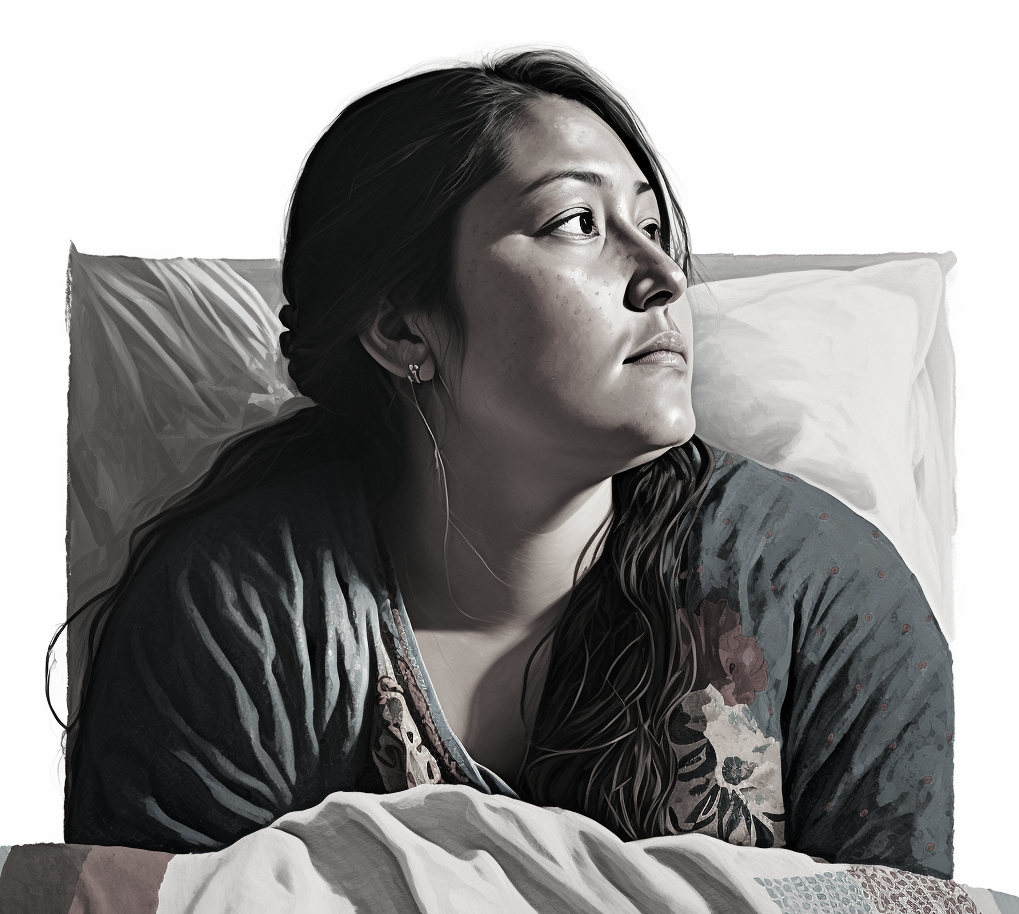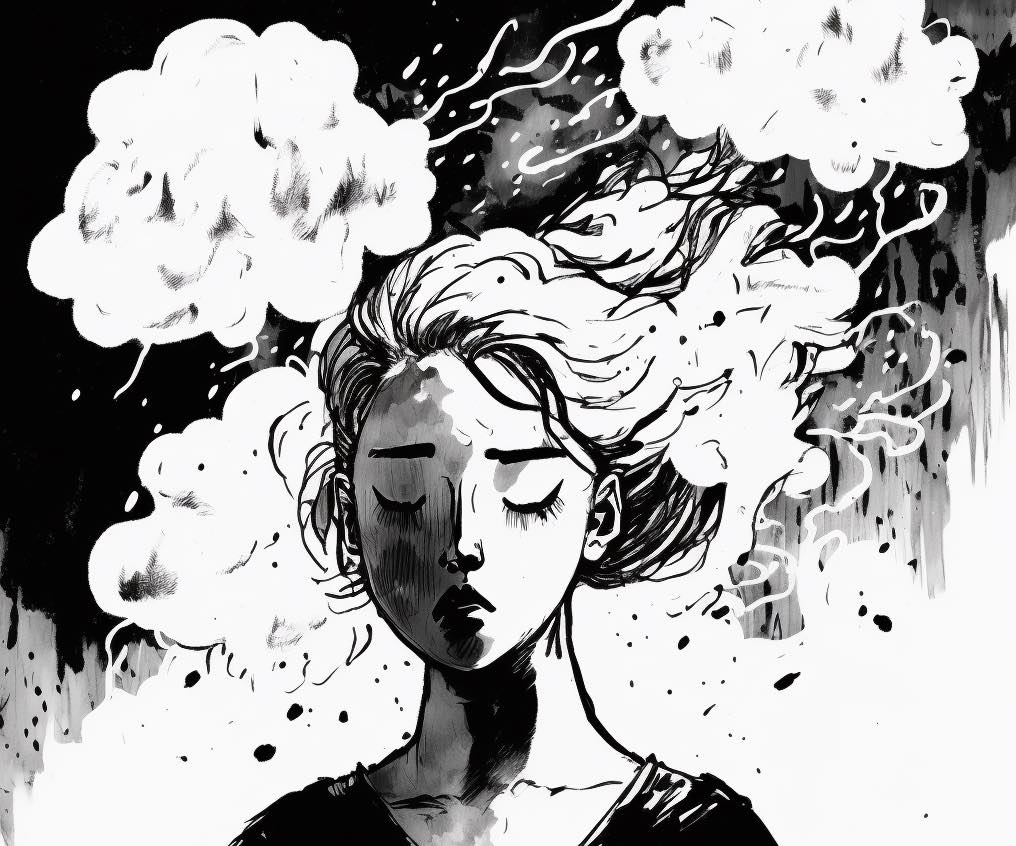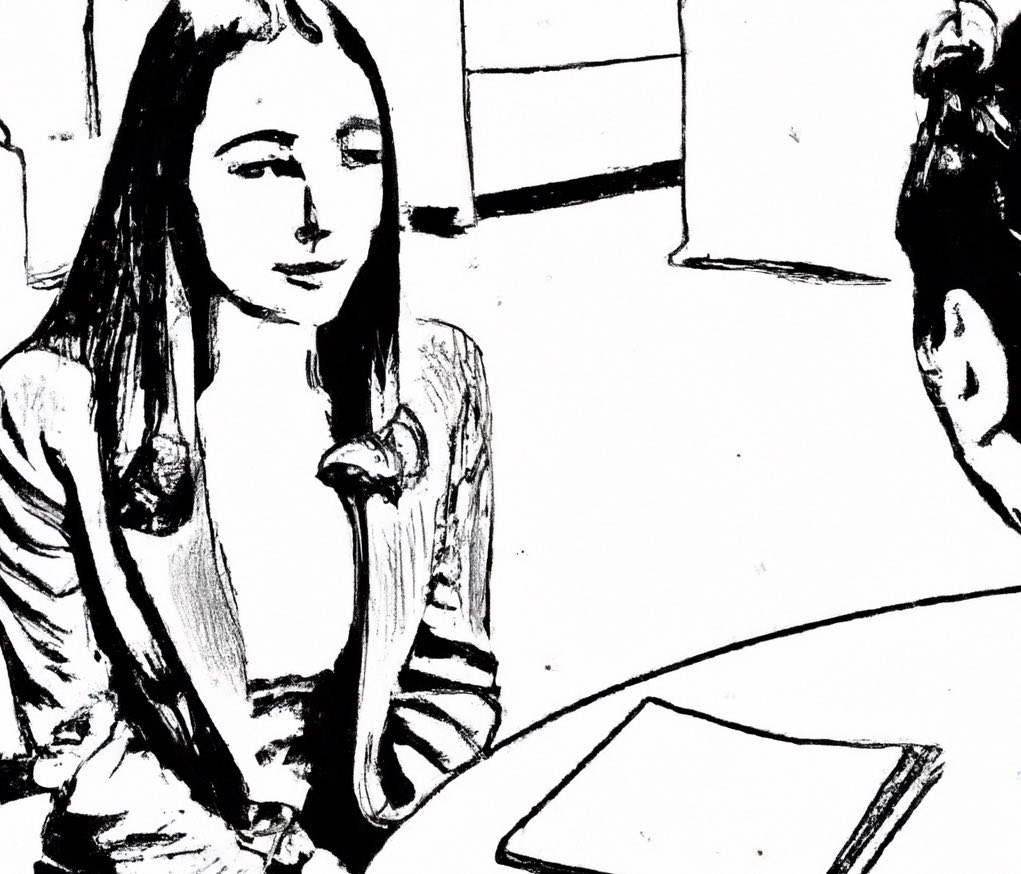OCD, or obsessive-compulsive disorder, is a condition that fills people’s lives with persistent thoughts (obsessions) and a strong urge to repeat certain actions (compulsions). Thankfully, there’s a helpful approach called Cognitive-behavioral therapy (CBT) that’s really good at managing OCD! You’re probably familiar with some popular CBT techniques like mindfulness, cognitive restructuring, and noting – they’re everywhere, from books and websites to therapy sessions.
But did you know there are other lesser-known strategies just waiting to lend a hand in your battle against OCD? These underrated tips might not be as famous as their well-known buddies, but when they join forces with traditional CBT methods and the guidance of a mental health expert, they can be super effective in keeping those pesky obsessions and compulsions in check. So, let’s dive in and explore the more hidden side of CBT!
The tips
It’s important to note that the effectiveness of each technique may vary depending on the individual, their specific OCD symptoms, and their commitment to the therapeutic process. The ratings provided below are subjective and should not be considered definitive.
- Thought postponement (B+): Designate a specific time later in the day to address your intrusive thoughts, allowing you to focus on your daily tasks without constant interruptions.
For example, if you find yourself worrying about germs at work, postpone those thoughts until you have a 15-minute window in the evening to consider them. - Behavioral experiments (A): Challenge the validity of your beliefs by designing small experiments.
For example, if you believe that not checking the door lock multiple times will result in a break-in, try checking it once and observe the outcome. This can help you confront your irrational thoughts and learn that the feared consequences are unlikely to occur. - Reframing perfectionism (B): Focus on progress rather than perfection.
For example, if you’re overly critical about your work, practice accepting small imperfections and view them as opportunities for growth. - Value-based exposure (A-): Identify your core values, such as family, health, or career, and use them as motivation to face your fears.
For example, if you value close relationships but are afraid of contamination, remind yourself that facing your fear will help you maintain and strengthen your bonds with loved ones. - Self-compassion exercises (B+): Be kind to yourself during moments of struggle.
For example, if you experience a setback, remind yourself that everyone faces challenges and that self-compassion is an essential part of growth and healing. - Mindful grounding techniques (B): Use grounding exercises to bring yourself back to the present moment when intrusive thoughts or anxiety arise.
For example, take a few deep breaths, focusing on the sensation of your breath as it fills your lungs and leaves your body. - Positive visualization (B-): Envision yourself managing your OCD symptoms successfully.
For example, picture yourself calmly resisting the urge to engage in a compulsion and experiencing relief as the anxiety subsides. - Journaling (B): Write down your thoughts, feelings, and experiences to gain insight into your thought patterns and track your progress.
For example, make a daily entry about your successes and challenges in managing your symptoms. - Utilize technology (A): Use apps designed to help individuals with OCD, such as those that offer CBT techniques, habit tracking, or guided exercises. These tools can be a helpful supplement to therapy or self-help strategies.
Conclusion
And there you have it! While the well-known CBT techniques definitely deserve the spotlight, don’t forget to give those hidden gems a chance too. They may surprise you with how effective they can be when used alongside the classics.
Just remember to always work with a mental health expert to make sure you’re using the best strategies for your unique situation. So, go ahead and explore these lesser-known tips, and take your fight against OCD to the next level.
Good luck on your journey, and may the power of CBT be with you!
The old way | ocd.app | |
Cost | $$$ – Therapist costs | $ – Save money |
Evidence | No published evidence | 13 published studies |
Time burden | Long term | 3-4 minutes of your day |
Results | Takes months | 91% see first results within a week |
Privacy | Privacy concerns | Anonymous and private |
User feedback | Mixed | 4.8 / 5.0 (2,635 reviews) |











